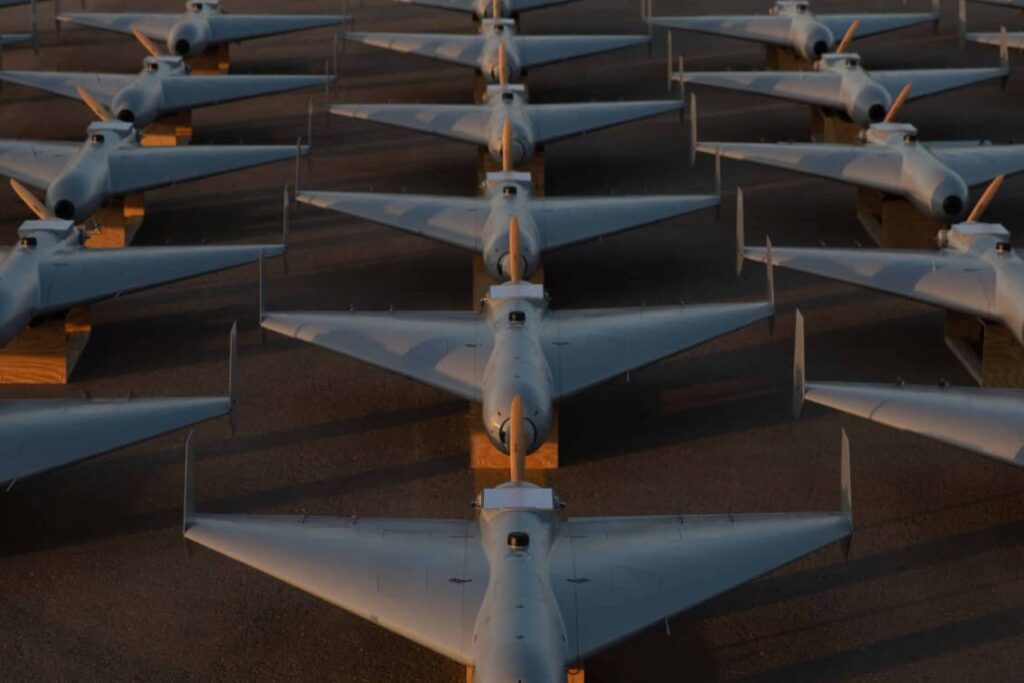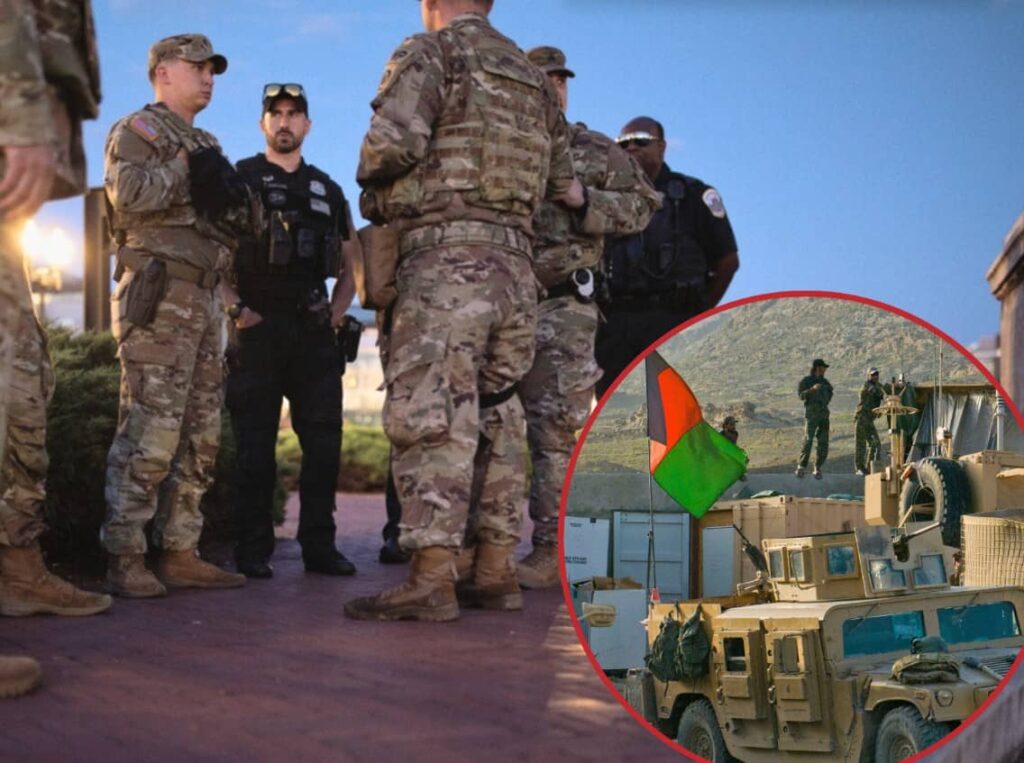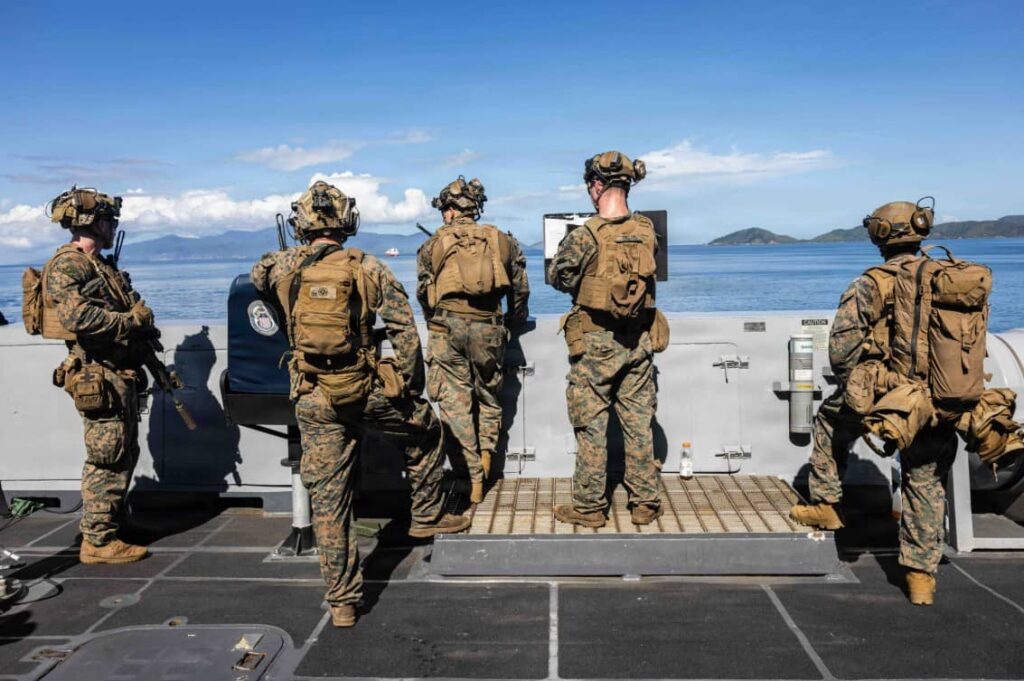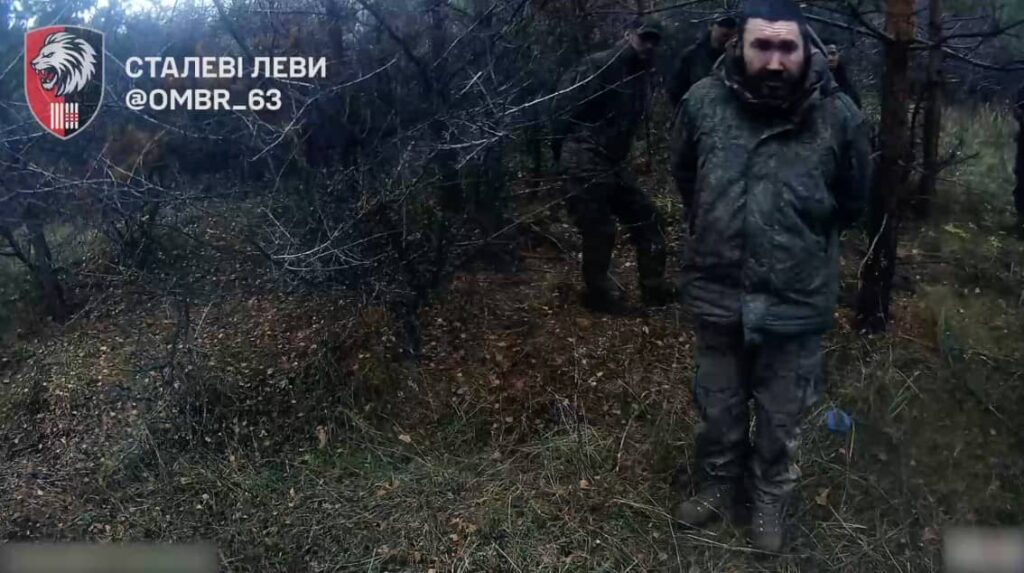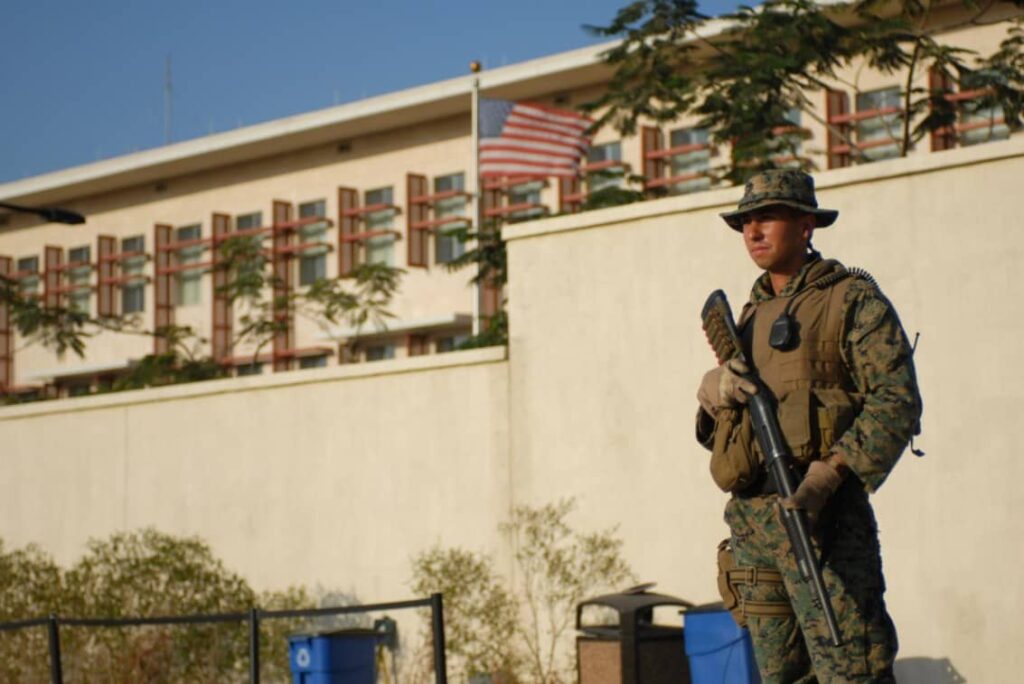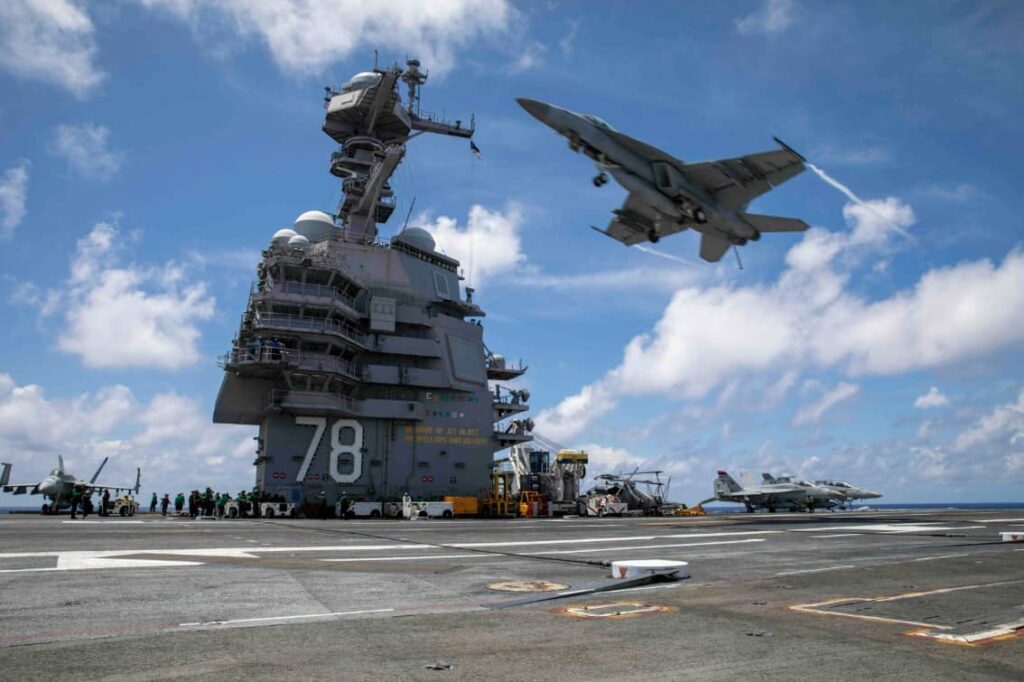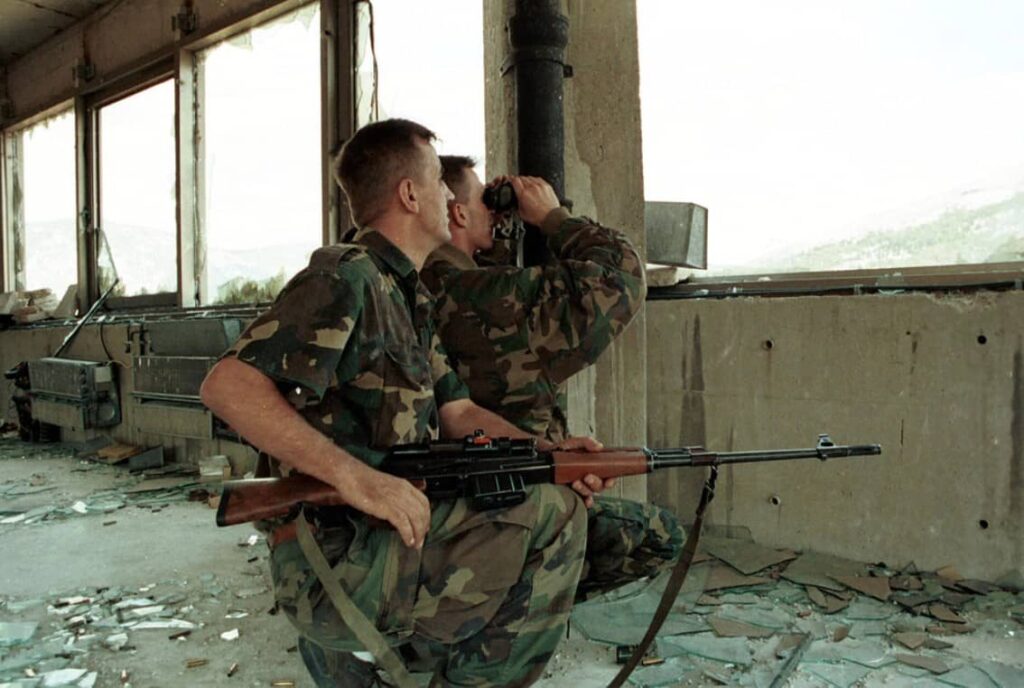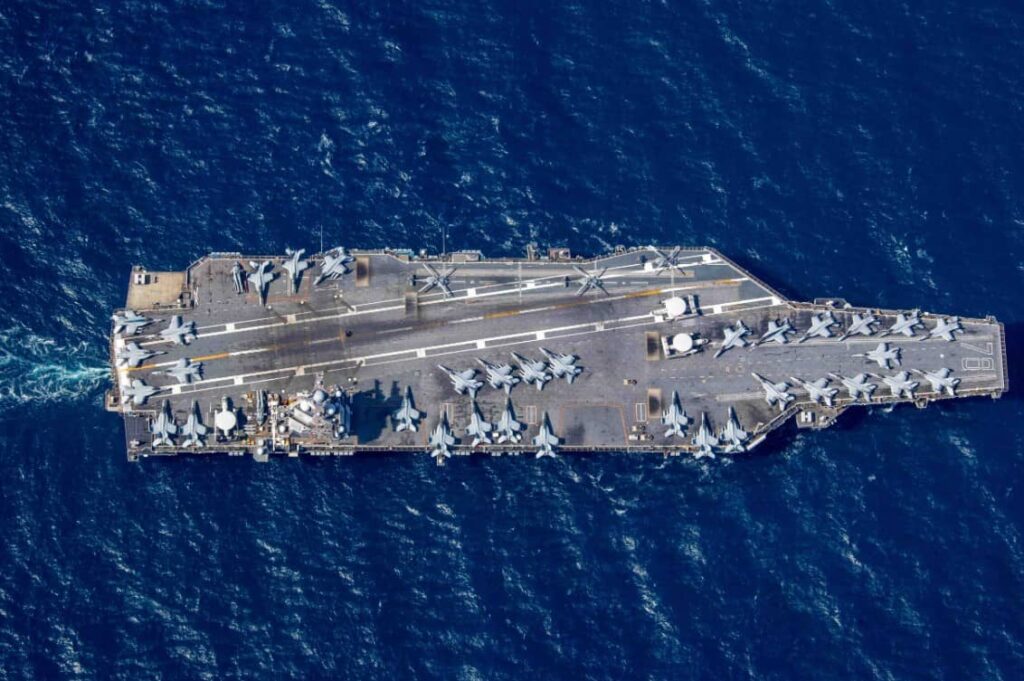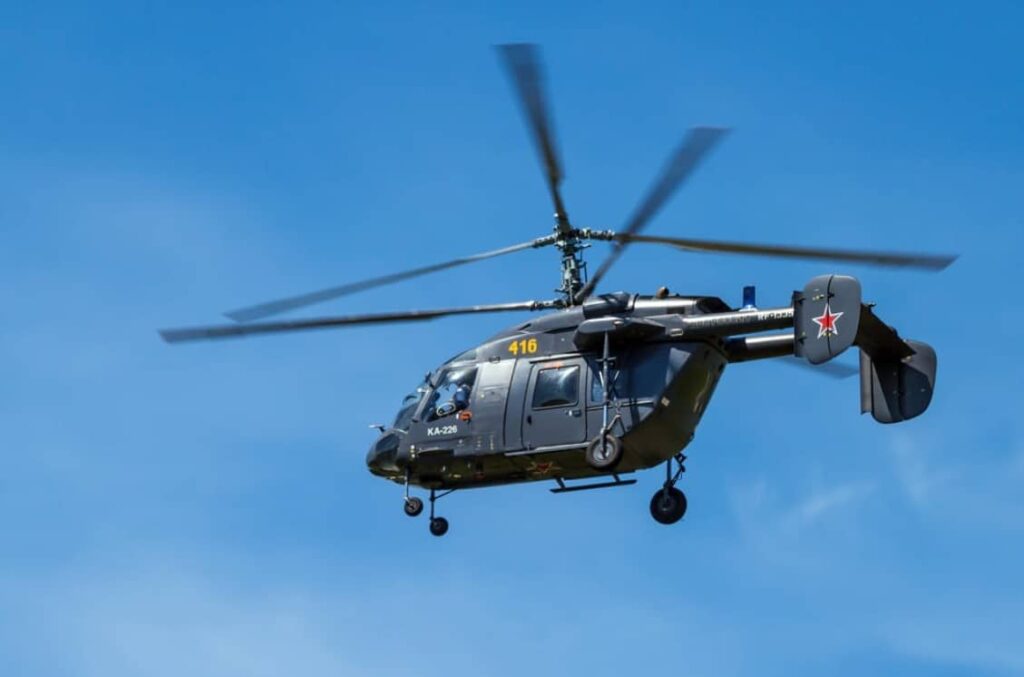CIA Provides Key Intelligence for Caribbean Drug Boat Strikes
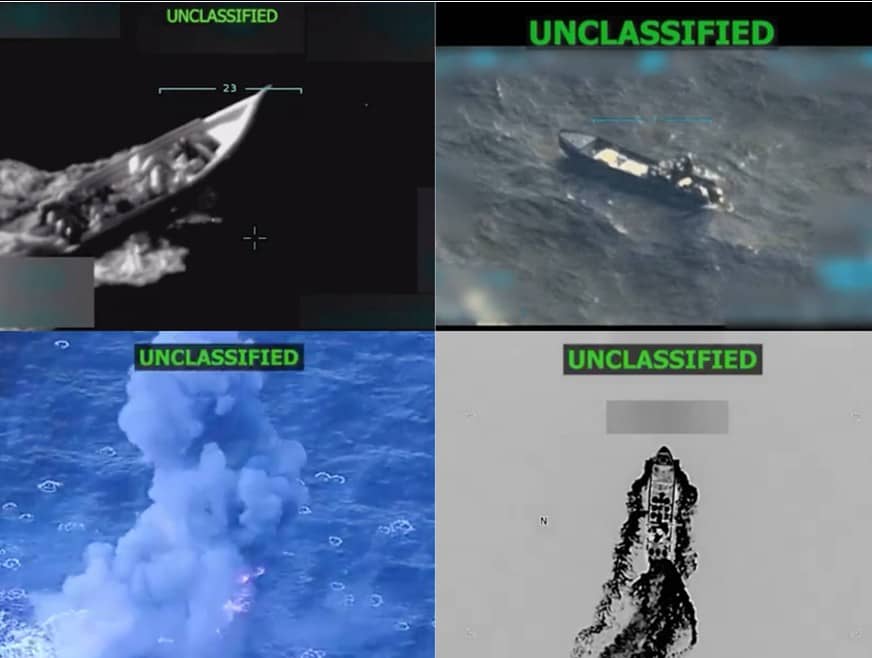
The CIA is supplying the primary intelligence driving the Trump administration's controversial lethal airstrikes on small, high-speed boats in the Caribbean Sea, suspected of smuggling drugs from Venezuela, according to three sources with knowledge of the operations. Experts warn that this central involvement ensures most evidence justifying the targeting and killing of alleged smugglers at sea will remain classified and hidden from public scrutiny.
This key CIA role in the strikes marks a previously unreported development. Last Wednesday, President Donald Trump confirmed authorizing covert CIA operations in Venezuela but withheld specifics on their nature.
Sources describe the CIA providing real-time intelligence from satellites and signals intercepts to identify drug-laden boats, monitor their paths, and recommend missile strikes. "They are the most important part of it," one source stated. Two sources clarified that the drones or aircraft firing the missiles belong to the U.S. military, not the CIA.
Intelligence compiled by the agency on these targets—whether the suspects are killed or captured—is expected to stay classified, despite global debates over potential civilian casualties. Unlike data from the DEA or U.S. Coast Guard, which previously managed maritime drug interdictions and produced courtroom-ready evidence, CIA intelligence prioritizes secrecy over legal admissibility.
"We do not produce evidence," explained Mark Lowenthal, former CIA assistant director for analysis. "We have intelligence. It is not the same thing as evidence. It’s a different milieu. Sometimes it’s cold hard fact and sometimes lots less." Lowenthal, speaking generally from past experience without specific knowledge of these operations, noted the CIA's intelligence is crafted to avoid courtrooms, safeguarding sources and methods. He deemed public release of targeting intel "unlikely," citing legal exemptions for classification.
On behalf of the Department of War, we extend our deepest gratitude to Admiral Alvin Holsey for his more than 37 years of distinguished service to our nation as he plans to retire at year's end. A native of Fort Valley, Georgia, Admiral Holsey has exemplified the highest…
— Secretary of War Pete Hegseth (@SecWar) October 16, 2025
To date, public disclosures are limited to blurry videos of exploding boats, shared online by Trump or the Pentagon. A CIA spokesperson declined comment, directing queries to the Pentagon. U.S. Southern Command, overseeing Caribbean military activities, deferred to the White House, while Pentagon chief Pete Hegseth announced on X that Southern Command's commander is stepping down. A Pentagon spokesperson invoked operational security, refusing to discuss intelligence matters.
White House deputy press secretary Anna Kelly responded to inquiries: "All of these decisive strikes have been against designated narcoterrorists bringing deadly poison to our shores, and the president will continue to use every element of American power to stop drugs from flooding into our country and to bring those responsible to justice." On Saturday, Trump referenced "U.S. Intelligence" in an X post about destroying a semi-submersible vessel he dubbed a "DRUG-CARRYING SUBMARINE," claiming it was loaded with fentanyl and other narcotics.
Trump's first announced strike came on September 3, with a short attack video. The administration has since revealed six additional strikes, disclosing only casualty counts and drug-smuggling allegations, without target details.
Sources indicate CIA leaders are expanding their influence in Trump-era hemispheric foreign policy. Though long involved in counternarcotics, the agency is enhancing these efforts to stay relevant.
The White House has not outlined any legal justification for striking civilian vessels. International humanitarian law experts argue such force against non-combatants—even suspected drug smugglers—violates norms, especially with viable capture alternatives previously employed.

